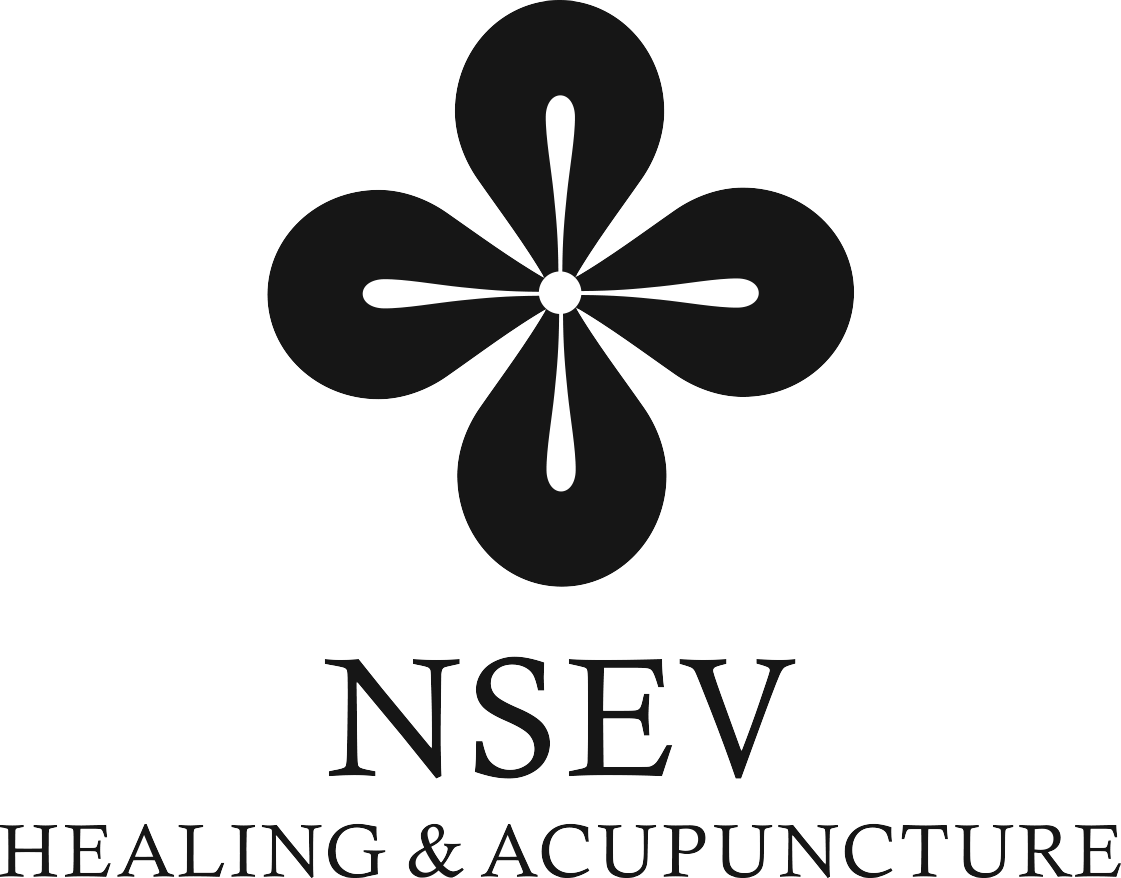Dan discusses cultivation during our September 22, 2019 Cultivation Retreat at Fern Forest Nature Center.
Question: Dan, you use the word cultivation a lot. Can you define for us or clarify what you mean when you use the word “cultivation”
Dan: Yes, thank you for the question. It’s always good to clarify terms before we use them, as long as we understand that any term, any word, is not actually what is being discussed but rather a finger pointing at what is being discussed and that the word is subject to the context in which it is used and that words especially terms like “cultivation” also carries with it layers of meaning that play out and evolve in ordinary language, deeper metaphoric meanings and symbolic meaning. The meaning of a word such as cultivation grows on all these levels along with the growth of the user or listener of the word. In simpler terms, the longer and deeper you cultivate the more levels of metaphoric and symbolic nuance and meaning the world, cultivation, will take on for you.
“Cultivation... is the art and craft of cultivating cognition, imagination, the senses, the embodied emotional world, the breath and the spirit.”
That said, I might define cultivation in this context as the art and craft of cultivating cognition, imagination, the senses, the embodied emotional world, the breath and the spirit. Historically this has been done through a wide variety of meditation and contemplation practices, each of which engages and cultivates one of the factors: cognition, imagination, any or all of the senses, any or all of the emotions, the breath and the spirit.
So again, we could say cultivation is comprised of meditative and contemplative practices that bring awareness to and develop the mind, cognition and imagination, the senses ,touch, vision, hearing, taste, smell, the embodied emotional experience, anger, grief, joy, fear, worry, the breath and the spirit for the purpose of living a more integrated and satisfying human life.
Also when we talk about cultivation or cultivation practices we can talk about them in two primary contexts, two primary ways of understanding “cultivation” time.
One context, one time, we can name, “dedicated cultivation” when we dedicate a time and space for cultivation, a dedicated practice. This is what we commonly think of when we talk about a cultivation or meditation practice.The focus of this practice can be either inwardly or outwardly directed, but the emphasis or primary focus is inward cultivation, even as we “focus” some times outward. We have control over where and when we decide to practice “dedicated cultivation”, although it at times feels as if we have no control over what appears or happens during this dedicated cultivation time.
We also, of course, have the rest of our lives when we interact with the world or are at times doing tasks on our own, not necessarily dedicated to cultivation. We can decide, to view and experience any or all of this time as “cultivation” times as well. We simply integrate our cultivation practice into the ordinary times of our lives as we interact with the world. We can call this interactive practice, or integrative cultivation, when we cultivate while stepping into what ever role we may be in at any time. In the integrative practice we are integrating with the world in a particular role. Cultivation, involves fully embracing these roles. When we are driving we are in the driver role. When we are cooking we are in the cooking role.When we are with our children we are in the parenting role.. When we are in our professional roles, for example as a doctor or acupuncturist, we are in our doctor or acupuncturist role. When we engage these roles with awareness, wholly present in the moment, cultivating the experience as participant observer, we are integrating our cultivation practice into our daily lives. This is Integrative Cultivation.
These “two” cultivation contexts are, of course, two aspects of a single whole. Practicing cultivation in both of these contexts, with awareness, is holistic cultivation.
As we develop our cultivation practice we will begin to know that the purpose of having a dedicated practice is not to become good at sitting still, mindfully meditating, or any contemplation practice or mastering a moving practice such as Tai Ji or Yoga or Qi Gong. We will also begin to know that the purpose of cultivation is certainly not to become a good driver, or good cook or the best at any thing. Not the best at your job, not the best parent or the best friend, or the best anything.
“The purpose of a hoistic cultivation practice...is to become more competent at being human”
The purpose of a holistic cultivation practice, and I use the word purpose here closer to the word consequence as opposed to goal, is to become more competent at being human. To become more alive and present to the mystery and magnificence of each moment. To become more able to experience ourselves, and every thing and every one who crosses our path, as part of a beautiful cosmic dance. To know every “thing” and every “one” is unique and precious. To know our selves as the universe giving birth to her self through us. To experience our selves as one with the cosmos. To experience our selves as love.


